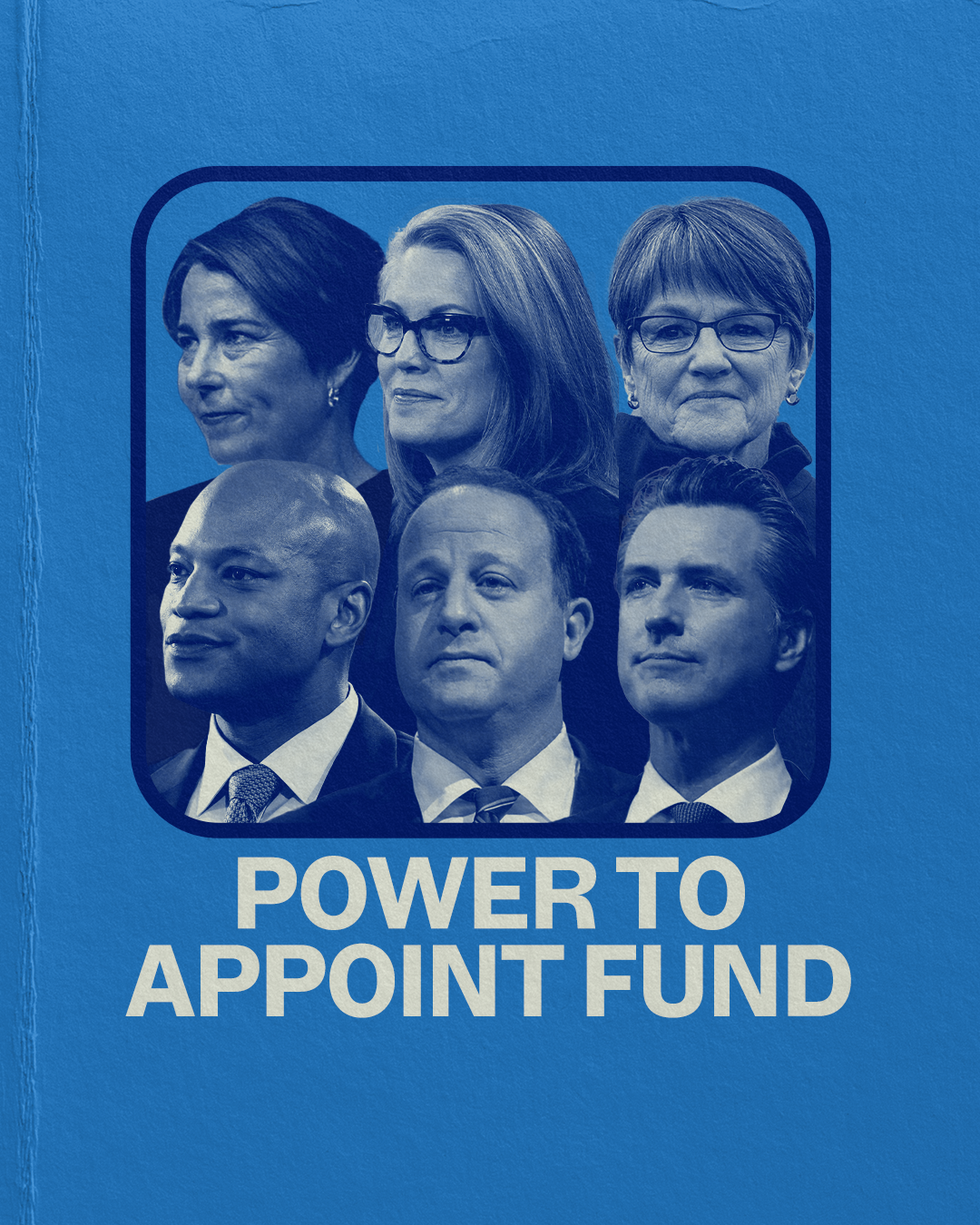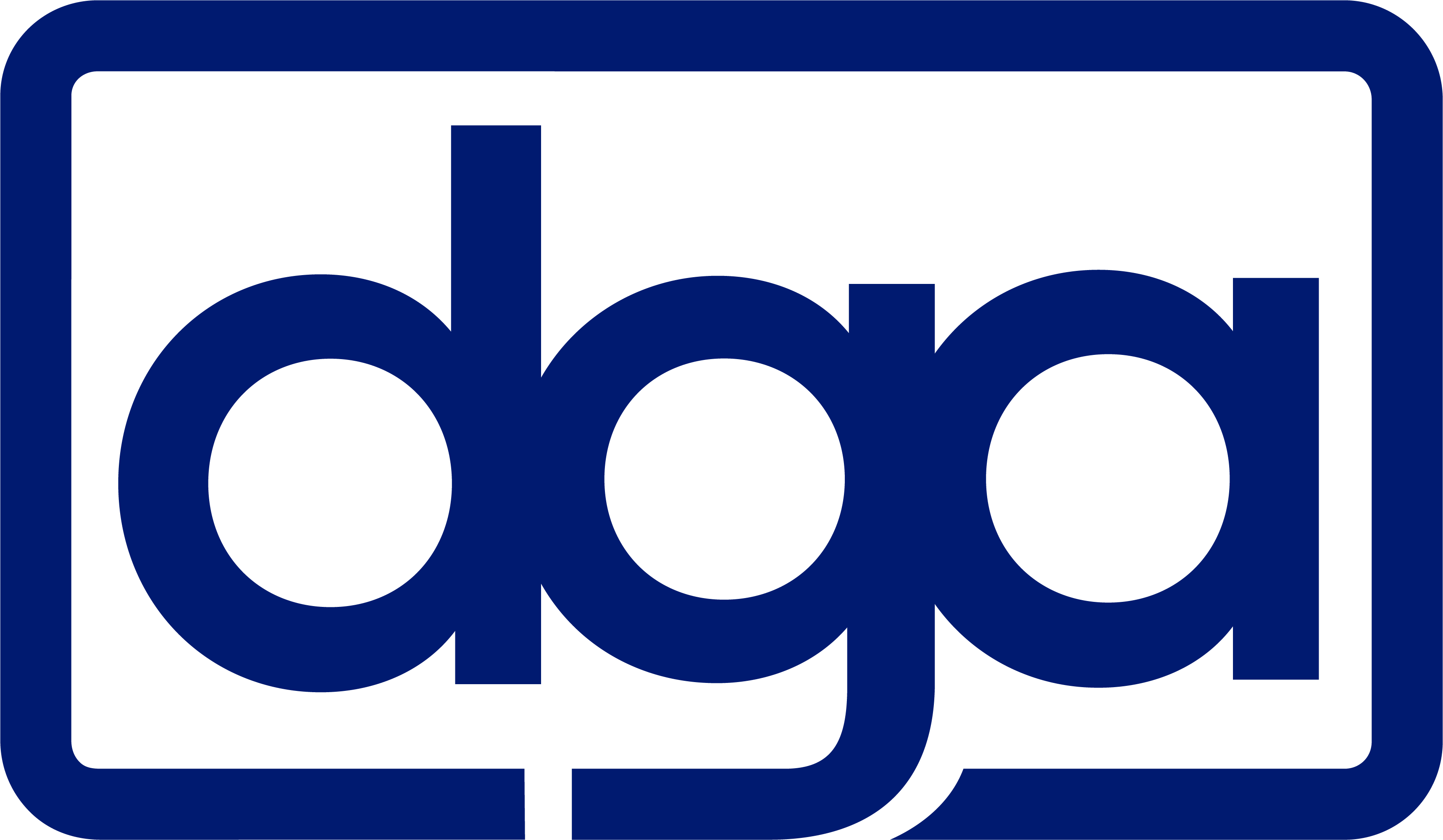
Can you donate now to join our fight?
We just launched the Power to Appoint Fund to highlight the important role Dem Govs play to ensure integrity in our country’s judicial process and protect fundamental freedoms. Your support will ensure we can make crucial investments in key states and protect our democracy. Please don’t wait: rush your gift to elect Democratic governors! >>>
ICYMI: GOP Governors Using Public Office to Personally Profit
In case you missed it, last week, a Washington Post column detailed how multiple Republican governors are profiting while in office, despite massive ethics concerns. Maryland Gov. Larry Hogan, West Virginia Gov. Jim Justice, and former Florida Gov. Rick Scott are all taking a page out of President Trump’s corrupt business practices and using the power of the governor’s office to line their own pockets. Instead of looking out for the wellbeing of their constituents, these Republican governors are doing everything they can to ensure that they’ll leave office even richer than they were before.
The Washington Post: It’s not just Trump. Governors are keeping their businesses while in office, too.
A businessman is elected chief executive. Rather than divest from his company, he keeps an active interest in it, puts close family members in charge and makes policies and decisions that could benefit the firm.
Sounds like President Trump, right? Sure, but it also describes a growing number of America’s governors. Across the country, lax state ethics laws and poor enforcement have created systems that unscrupulous governors can exploit — perhaps enriching themselves through their official decision-making.
Consider Maryland Gov. Larry Hogan (R). Just as Trump kept his ownership of the Trump Organization when he became president, Hogan kept his ownership of the Hogan Companies, a multipurpose real estate brokerage with assets throughout Maryland, when he became governor in 2015. Trump left his children in charge of his company; Hogan left his brother in charge of his. Both entered into unconventional trust agreements that allow them to be apprised of their companies’ investments and assets.
In Hogan’s first term, he initiated a major change in the state’s transportation policy, putting more money into roads, highways and bridges at the expense of mass transit.
[…]
As I recently reported in the Washington Monthly, several of those road projects — including a new $58 million interchange and $23.5 million in road and sidewalk improvements in Prince George’s County — were near properties that his business owns, which means the road development could boost the value of those holdings. Hogan didn’t publicly disclose his ownership stake in those properties before the legislature voted in 2015 and 2017 to approve the infrastructure spending, although Maryland law requires officials to recuse themselves from decisions that could benefit them or close family members financially.
[…]
Hogan’s real estate business has grown since his inauguration. According to his financial disclosure forms, he had an ownership stake in 30 real estate limited-liability companies in 2014, the year before he became governor. Today, he has a stake in 43. The business has been lucrative: During his first three years as governor, Hogan made $2.4 million in total, according to his tax returns for those years, which he released during his 2018 reelection campaign. His annual government salary is roughly $180,000.
Hogan has refused multiple requests to release his tax returns for the years before he took office, giving the public no way to compare his earnings before and after he was elected. According to John Willis, a historian of Maryland politics, Hogan has made more money as governor than any other in state history.
[…]
Another governor who has maintained his private business interests is West Virginia’s Jim Justice (R), a former coal and agribusiness tycoon who, since taking office in 2017, has put only a few of the more than 100 companies he owns into a blind trust. In August, state lawmakers called for a reexamination of ethics laws after the Charleston Gazette-Mail and ProPublica found that West Virginia government agencies paid for more than $106,000 in meals and lodging at a luxury resort that the governor owns and that his adult children run.
[…]
In all of these cases, governors have created financial arrangements that allow them to knowingly profit from their official decisions. That’s been possible, in part, because past efforts to hem in such behavior at the state level have been fitful at best.
[…]
That means it’s up to governors to hold themselves accountable. Many do. Mark Warner (D), now a U.S. senator, put the vast fortune he made as a venture capitalist into a blind trust when he became governor of Virginia in 2002. Sen. Joe Manchin (D) likewise put his assets into a blind trust when he was governor of West Virginia from 2005 to 2010. (Both have kept their money in those trusts since they entered the Senate.) And J.B. Pritzker (D), whose family owns the Hyatt hotel chain, did the same last year when he became governor of Illinois. Most of his immense wealth — roughly $3.2 billion, according to Forbes — is in brand-name equity stocks, managed by a blind trust that he discloses to the public once a year on his financial disclosure form.
Litigation claiming that Trump’s profits from his hotels, restaurants and golf courses violate the Constitution’s emoluments clause has drawn attention to the issue at the national level. But while emoluments may seem like a problem unique to this president, the phenomenon of government executives benefiting financially from private holdings via their policy or spending choices extends far beyond Pennsylvania Avenue.
[…]

